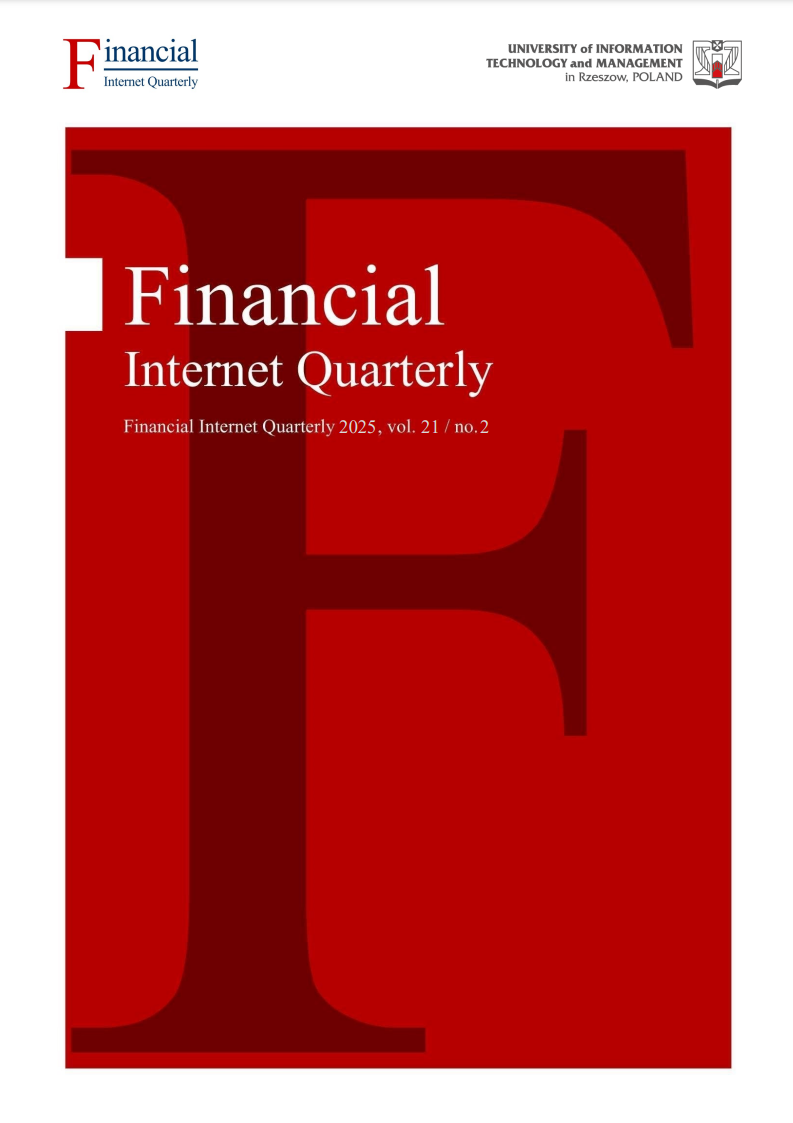Abstract
Comparing the Efficient Market Hypothesis and Behavioral Finance, the Adaptive Markets Hypothesis (AMH), which identifies the extremes of these two hypotheses and adapts them to each other, argues that calendar anomalies can coexist, but also focuses on how investor behavior reacts to changing market conditions. This study aims to investigate whether the stock markets of BRIC-T countries are consistent with the AMH, including crisis periods, using daily data for the period 01.01.2000-31.12.2023. To this end, daily index return series of each country were constructed and analyzed with the help of Wild-bootstrap Variance ratio test, BDS test and Ljung and Box Q Portmanteau tests. According to the Wild-bootstrap Variance ratio test, both EMH and AMH are not valid in the equity markets of BRIC-T countries; according to the BDS test results, AMH is valid and according to the Ljung and Box Q Portmanteau test results, AMH is valid. Therefore, it is concluded that AMH is more successful than EMH in explaining the equity markets of BRIC-T countries.


